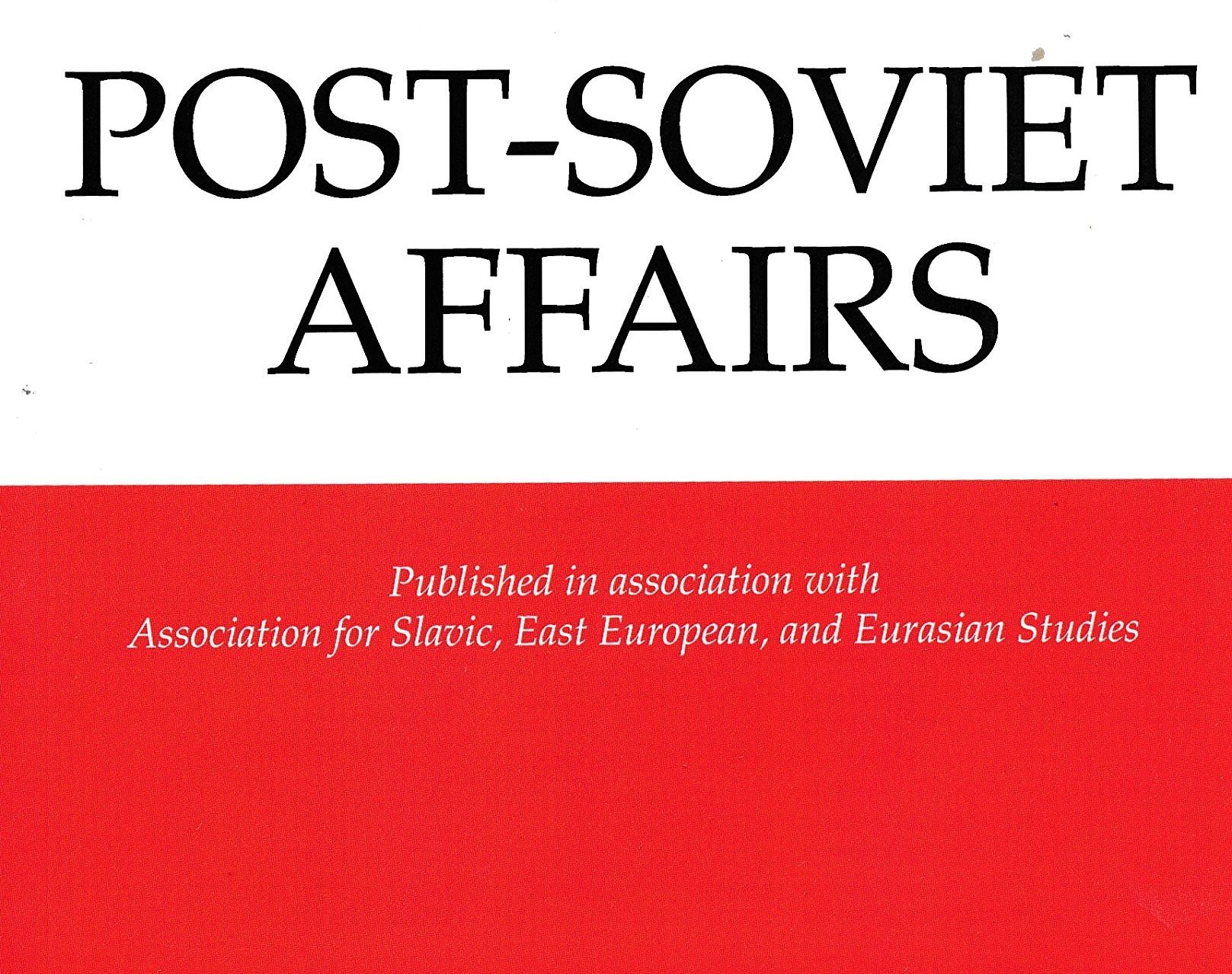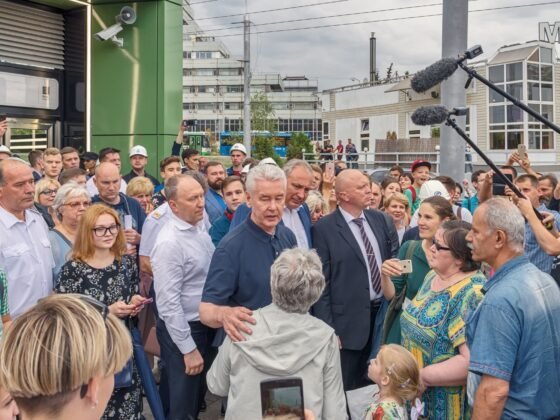(Post-Soviet Affairs) Introduction: The role of structure and agency in political and social changes has been a recurring topic of discussion in the social sciences since the nineteenth century. Research on political regimes and their dynamics, which lies at the heart of political science, is no exception. Over the last half century, our discipline has witnessed waves of structural determinist and actor-oriented voluntarist frameworks being created for analyses of regime changes, and attempts at their synthesis and integration in various forms. […] From this perspective, post-Soviet regime dynamics offer an excellent opportunity for further exploration of these issues in a comparative perspective. Indeed, post-Soviet countries share common legacies of Communist rule, but the trajectories of their political regimes have diverged widely over the last few decades. Nowadays it is hard to believe that Turkmenistan and Moldova (let alone the Baltic states) were part of the same country less than 30 years ago. Explaining these trajectories through the lenses of structure-driven and/or agency-based approaches may help to resolve the puzzle of regime diversity in the post-Soviet area, and also fuel discussion among scholars of comparative politics.
This special issue of Post-Soviet Affairs presents a collection of articles, which focus on various dimensions of structure-agency discussion, and analyze empirical evidence from the post-Soviet region using very different theoretical perspectives. That said, the contributions to this special issue are complementary rather than competitive. […] The synthesis and integration of structural and actor-based frameworks for analysis, which may be useful for explaining diverse regime trajectories in post-Soviet Eurasia and beyond, is still to a great extent a work in progress for a number of reasons, including the fact that political regime dynamics themselves are an ongoing process. Very often, major political changes emerge unpredictably, challenging old and new theories and adding new evidence for consideration in scholarly analyses (the Euromaidan in Ukraine in 2013–2014 and the Velvet Revolution in Armenia in 2018 are just two recent examples in the region). However, the development of new knowledge in political science is an incremental process, and we very much hope that the reflections and considerations of post-Soviet regime dynamics presented in this special issue of Post-Soviet Affairs will aid us in taking further steps forward. – Vladimir Gel’man
Read More © Post-Soviet Affairs (Limited-time open access)
Contents
Henry E. Hale: Timing is everything: a quantitative study of presidentialist regime dynamics in Eurasia, 1992–2016
Vladimir Gel’man: Bringing actors back in: political choices and sources of post-Soviet regime dynamics
Regina Smyth: Considering the Orange legacy: patterns of political participation in the Euromaidan Revolution
Lucan Ahmad Way & Adam Casey: The structural sources of postcommunist regime trajectories
Samuel A. Greene: Running to stand still: aggressive immobility and the limits of power in Russia
Timothy Frye: Bringing Kitschelt back in: a comment on “Rethinking Structure and Agency in Post-Soviet Regime Dynamics”











